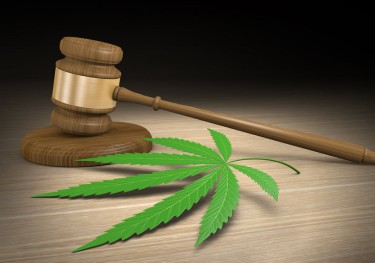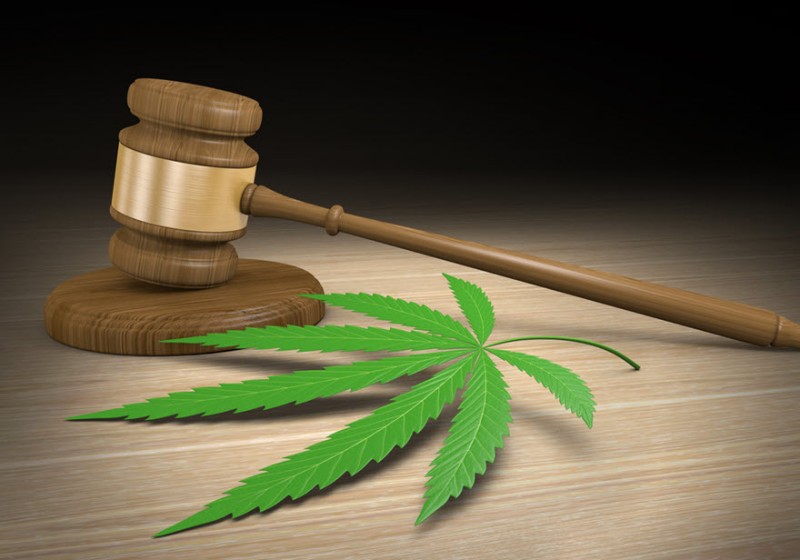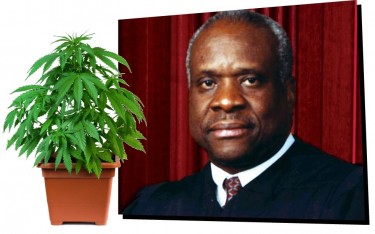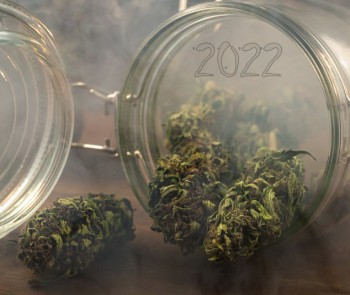
The U.S. Supreme Court's recent decision to limit the power of federal regulatory agencies has created new uncertainties about the future of marijuana laws in the United States. How will this effect marijuana re-scheduling?
At first, the marijuana industry was jubilent as the DEA no longer had the power to keep cannabis illegal!
Then, as time set in, so did panic in the cannabis industry as now it seems the rescheduling of cannabis to a schedule 3 drug is going to get shelved by the DEA because they no longer have the authority to make medical and science decisions based on the new court ruling.
So what happened?
Last week, the Supreme Court overturned the Chevron case, which had been in place for 40 years. Many in the cannabis industry celebrated this, hoping it would lead to federal legalization through lawsuits against the Drug Enforcement Administration (DEA). However, the opposite could happen, and existing cannabis businesses might be forced to shut down.
The Chevron Case
Forty years ago, the Supreme Court ruled that federal agencies, like the Environmental Protection Agency (EPA), had the authority to regulate specific issues. Leah Heise, a partner at Wolf Meyer and an advisor at consulting firm Kearney, explained this to Green Market Report. The court's decision was based on the idea that these agencies handle scientifically complex matters, making them best suited to set the rules. As a result, courts often sided with these agencies, making it hard to challenge their regulations. This ruling stood firm despite over 70 attempts to overturn it.
However, with the latest Supreme Court decision, Heise said this automatic deference to federal agencies is now in question. For instance, if a federal agency says a product can't contain a certain amount of CBD, companies can more easily challenge that decision in court. The agency can no longer rely solely on its supposed expertise to defend its rules.
At first glance, this might seem like good news for the cannabis industry. Companies could push back against restrictive regulations and expand their operations. Heise noted that if advising a large corporation or a well-funded cannabis business, she would closely examine every relevant regulation and law. The goal would be identifying areas where the company could challenge rules to increase profits.
In summary, while the Supreme Court's decision might offer new opportunities for the cannabis industry to contest federal regulations, it also brings significant risks. The uncertainty could lead to stricter enforcement and potential shutdowns of current cannabis operations. Therefore, businesses must carefully navigate this new legal landscape to maximize their chances of success while minimizing potential legal troubles.
Consequences of the Chevron Ruling
The recent Supreme Court decision on the Chevron case has sparked speculation about its impact on state-regulated marijuana markets. Questions arise about federal agencies' ability to issue nonbinding guidance, like a new Cole memo, and whether the DEA can regulate intoxicating hemp products like delta-8 THC and THCA.
Despite these concerns, attorney Shane Pennington, a partner at Porter Wright's Washington, D.C., office, believes the ongoing process to reschedule marijuana won't be significantly affected. The DEA is considering moving marijuana from Schedule 1 to Schedule 3 of the Controlled Substances Act, possibly as soon as this fall. Pennington told MJBizDaily, "I still feel perfect about this. If you analyze (Chief Justice John) Roberts' opinion, there's a lot of good stuff."
Ironically, past efforts to reschedule marijuana were often dismissed because courts relied on the Chevron doctrine. This doctrine allowed the DEA to set its standards, usually concluding that marijuana had no accepted medical use. However, the current rescheduling process, initiated by President Joe Biden in October 2022, shows a different approach.
In August 2023, the Department of Health and Human Services (HHS) determined, using a new two-part standard, that cannabis does have an accepted medical use. This new standard led to a significant shift in how marijuana is viewed at the federal level. Based on this advice from HHS and an opinion from the Department of Justice's Office of Legal Counsel, U.S. Attorney General Merrick Garland proposed a rule in May to reclassify marijuana as Schedule 3.
Pennington emphasized the thoroughness of this decision, stating, "That decision is the most intensely scrutinized, intensely researched, commented-upon thing we've ever had." This indicates a strong foundation for the proposed change, suggesting that despite the uncertainties introduced by the Chevron ruling, the rescheduling process is solid ground.
Little Uncertainty
In his 35-page opinion on the Supreme Court's decision to overturn the Chevron doctrine, Chief Justice John Roberts wrote that federal law now directs courts, not administrative agencies, to decide legal questions using their judgment.
Despite this shift, Shane Pennington, an attorney at Porter Wright's Washington, D.C., office, pointed out that Congress has given the Department of Health and Human Services (HHS) apparent authority on science and medicine issues. This authority remains intact even after Chevron's end. "That's just as binding today," Pennington said.
The ruling also addresses concerns about the Department of Justice's (DOJ) analysis that international treaty obligations prevent rescheduling marijuana. According to Pennington, these concerns are considered within the Chevron decision.
Challenges Persist
Pennington noted that there will likely be challenges to marijuana rescheduling, possibly referencing the recent ruling. "We still have work to do. There's going to be litigation," he added. However, ongoing cases, such as those challenging the constitutionality of federal marijuana prohibition, are unlikely to be directly affected.
Shaleen Title, an attorney and former Massachusetts state regulator, stated that predictions about the ruling impacting state marijuana regulations, especially around licensing or social equity provisions, are "highly speculative at best." Additionally, states have their versions of Chevron deference and will likely adapt their policies based on the Supreme Court's decisions.
Impact on the SEC and Cannabis Investors
The ruling could also reduce the Securities and Exchange Commission (SEC) power. Green Market Report has documented numerous cases of fraud in the cannabis industry, where investors often complain that punishments for bad actors are too light and they never recover their lost investments.
With the Supreme Court limiting the SEC's power, cannabis investors may find themselves with no recourse if they are defrauded. This could create an environment where con artists freely exploit cannabis penny stocks.
In summary, while the Supreme Court's decision creates new challenges and uncertainties, it also maintains certain established authorities, particularly in science and medicine. The cannabis industry must navigate these changes carefully to protect and advance its interests.







